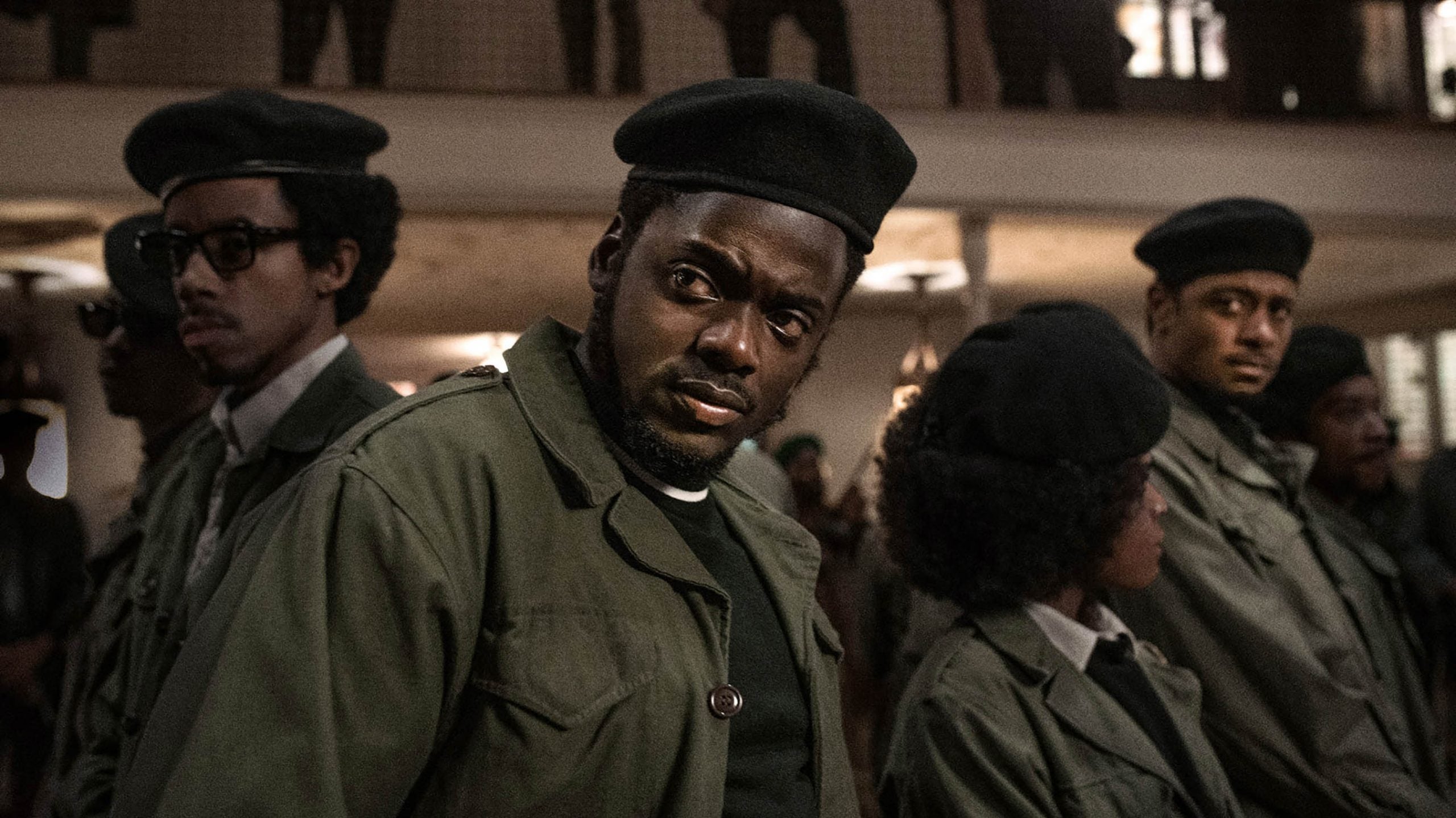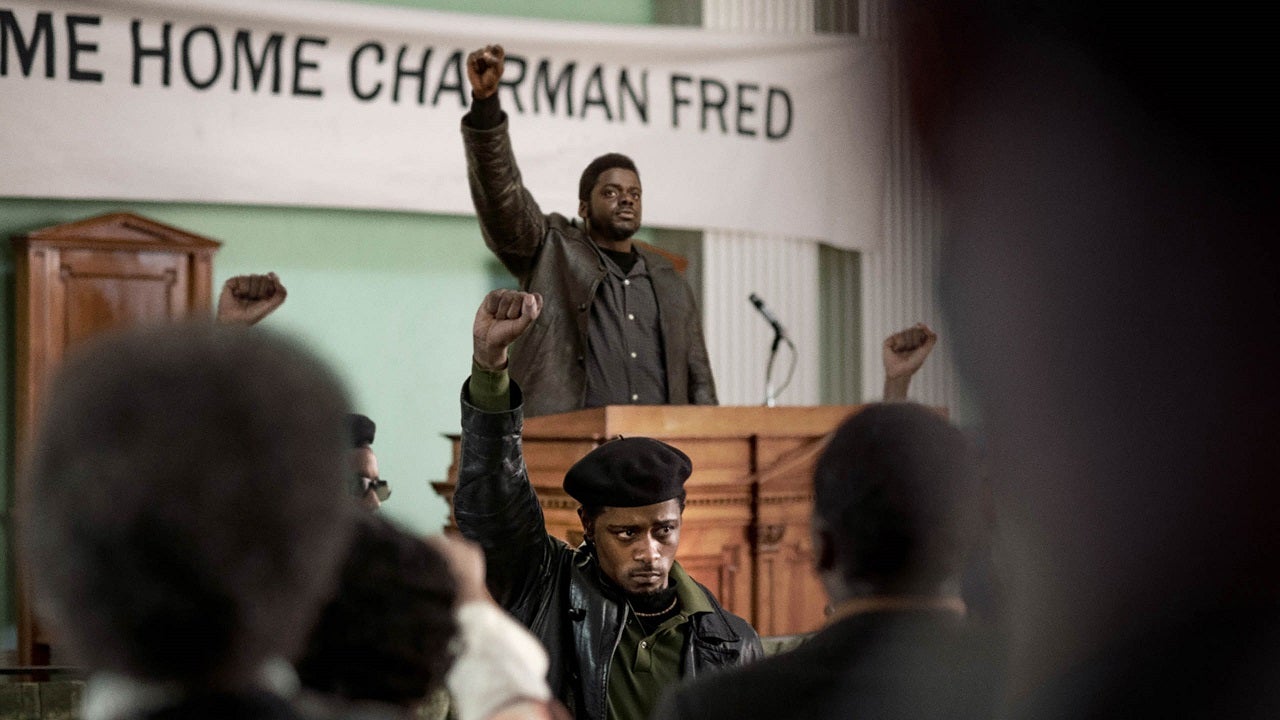With Judas and the Black Messiah, cowriter and director Shaka King (People of Earth, High Maintenance) and his cast and crew have become definite Oscar contenders.
The new film, which made its world premiere at the 2021 Sundance Film Festival and hit theaters and HBO Max simultaneously on February 12, stars Daniel Kaluuya as Fred Hampton, the charismatic Illinois chairman of the Black Panther Party. It tells the story surrounding Hampton’s betrayal and subsequent assassination in 1969 based on intel by FBI informant William O’Neal, played by LaKeith Stanfield.

The life of the revolutionary activist, whose swift rise to prominence was cut short at age 21, has had all the makings of a biopic for more than 50 years—yet the story languished until Kenny and Keith Lucas, the popular twin comedy duo, pitched the idea of a Fred Hampton film to King. Ryan Coogler, known for his careful character exploration on-screen, came on board as a producer, as did MACRO multimedia company founder and CEO Charles D. King. Filled with dramatic highs and blazing tragedy, Hampton’s story is tailor-made for the big screen. The players involved combine their talents to make Judas and the Black Messiah required viewing during this turbulent time in America.
Originally titled Jesus Was My Homeboy, King’s project has all the ingredients to be a leading vote-getter for the Oscars. It also has enough explosiveness in style and substance to rally support in most of the major categories, including for best picture, actor, director, supporting actor, supporting actress and original screenplay. Kaluuya’s casting as Hampton caused some questions when the trailer for the film was first released—but in the role, he becomes a visual and spiritual vessel for the slain civil rights leader. The British star has brilliantly tackled issues of race in the majority of his previous works, including Get Out, Black Panther, Widows and Queen & Slim. But in Judas, he captures our attention with an emotional delivery and fiery portrayal of Hampton, channeling strength from the struggle, particularly in his “I Am a Revolutionary” speech leading into the third act.

Stanfield (The Photograph, Get Out) delivers a complex and controversial look at the man who manipulated both his comrades and his handler, Special Agent Roy Mitchell (Jesse Plemons). The cat-and-mouse game that plays out between Kaluuya and Stanfield is made even more intense when Hampton finds love and respite with the former Deborah Johnson (now Akua Njeri), played by the indomitable Dominique Fishback. Given the dramatic shadings that Kaluuya and company bring to their respective roles, Judas and the Black Messiah stands out as unconventional yet impactful, following in the wake of series like Lovecraft Country and Watchmen in re-educating America on the nation’s past sins and exploring how they persist to this day in new and devastating ways. In an era when our youth are once again leading the fight for justice and equality, the film delivers a powerful message about the need to protect our would-be messiahs by any means necessary.
This article appears in the March/April issue of ESSENCE on newsstands February 23.





